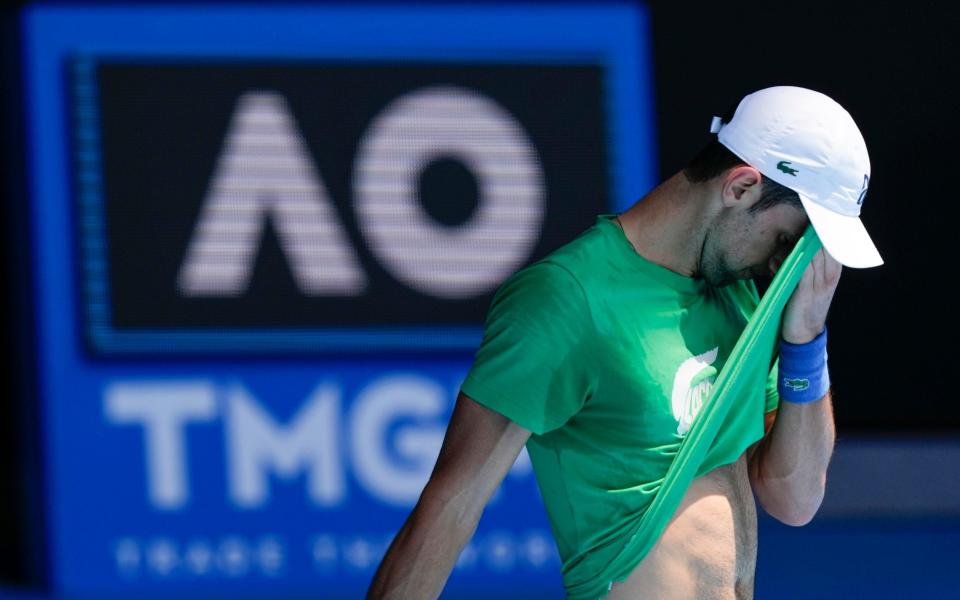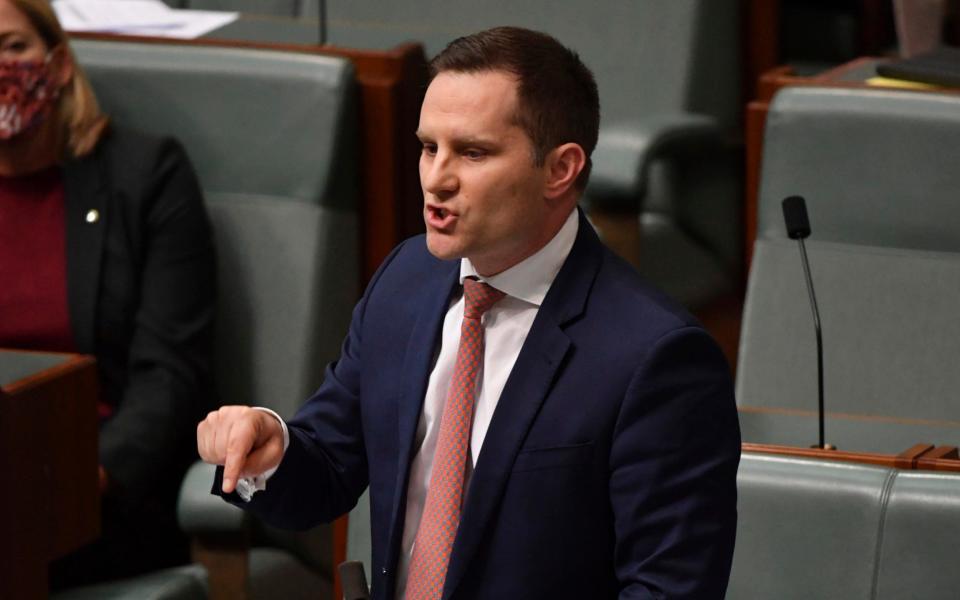What next for Novak Djokovic: the options and possible outcomes after Australia visa cancelled again

Novak Djokovic’s visa has been cancelled for a second time and he faces deportation from Australia. Here we look at what could follow his appeal.
How will the next 48 hours unfold?
Djokovic was on Saturday morning (Saturday night local time) taken to an immigration detention hotel and he is spending the night there before a full hearing into his case starting at 9.30am Sunday morning (10.30pm on Saturday UK time).
The hearing is expected to last about an hour.
There seemed to be a determination at a Federal Circuit Court directions hearing on Friday for the case to conclude before Djokovic’s scheduled Australian Open first-round match on Monday.

What are the possible outcomes?
1. What happens if he wins
Djokovic’s deportation nightmare would finally be over – barring an unlikely appeal by the government. A second courtroom victory would be even more seismic than the first, which his family hailed as the biggest of his career.
It would give him arguably his best opportunity to win a record 21st major title and lay claim to the title of men's tennis’s Greatest Of All Time. But it would compound the serious ill-feeling towards him and the already-huge damage to his reputation, with his presence at Melbourne Park a lightning rod in the locker room and the stands.
A defeat for the government would also deal a hammer blow to its dwindling credibility ahead of this year’s federal elections.
2. And if he loses?
It would wreck his Australian Open hopes after his match was scheduled for Monday – unless his lawyers were able to lodge a further appeal and he was cleared to play pending the outcome.
That looked unrealistic following the enforcement of a detention order ahead of the current proceedings, denying him crucial practice time ahead of his opening match. It would also mean he would be automatically banned from returning to Australia for three years – except in compelling circumstances that affect the country’s interest – and could affect his ability to travel elsewhere.

